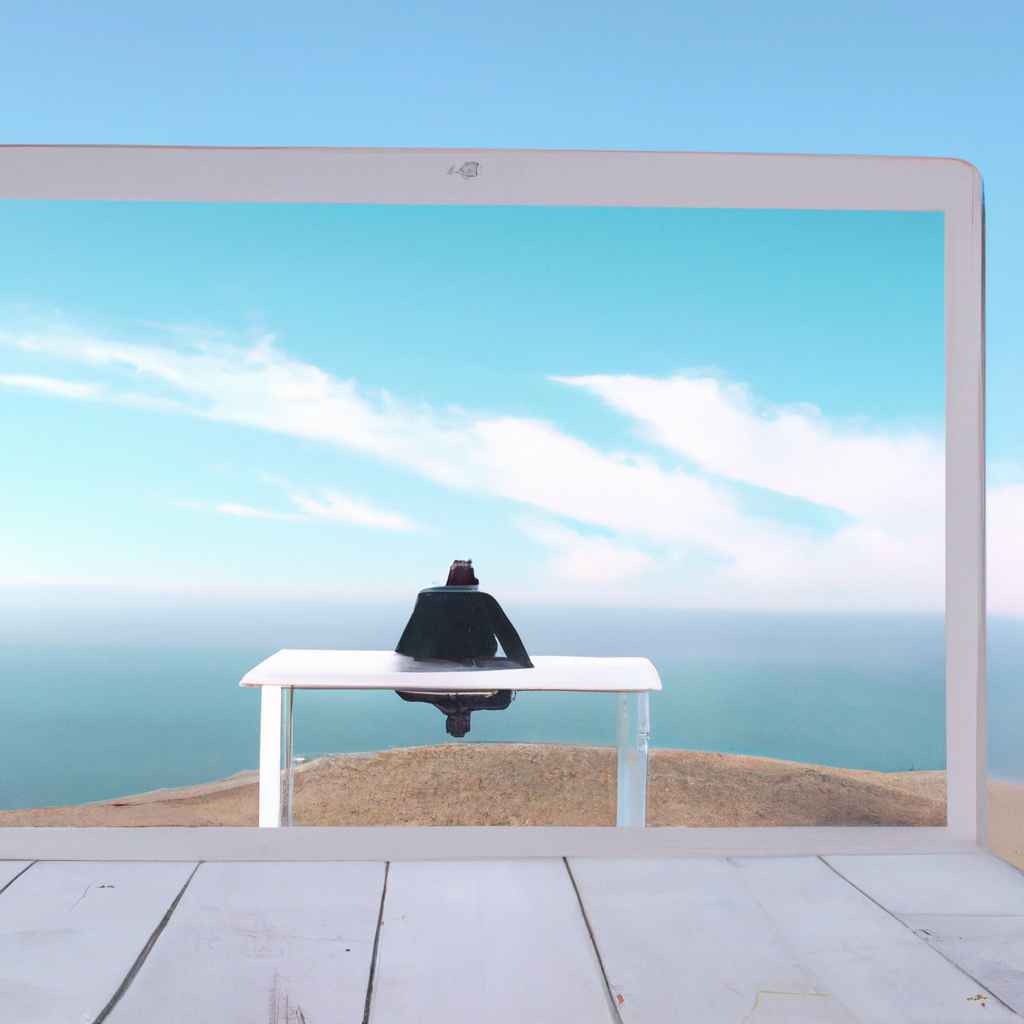Living in a consumerist society can be challenging for those seeking to live a minimalist lifestyle. The constant bombardment of advertisements and the pressure to own the latest products can make it difficult to simplify your life and declutter your belongings. However, it is not impossible to practice minimalism in a consumerist society. In fact, it is necessary to do so if you want to live intentionally, mindfully, and consciously. Here are some tips on how to practice minimalism in a consumerist society:
1. Define What Minimalism Means to You

Before you start practicing minimalism, you need to define what it means to you. Minimalism is not a one-size-fits-all concept. It means different things to different people. For some, it means owning only what they need. For others, it means living with less to reduce their environmental impact. And for some, it means simplifying their life to focus on what truly matters. Whatever minimalism means to you, define it clearly, so you have a clear goal in mind.
2. Avoid Impulse Purchases
One of the main challenges of living in a consumerist society is the constant pressure to buy more. Advertisements, sales, and peer pressure can make it difficult to resist the temptation to buy things you don’t need. To avoid impulse purchases, you need to practice mindfulness and intentional living. Pause before making any purchase, and ask yourself if you really need it. Consider the environmental impact of the product and the true cost of owning it. If you still want to buy it, wait for a few days to see if the desire fades away.
3. Declutter Regularly
Decluttering is an essential part of practicing minimalism. It involves getting rid of the things you don’t need or use, so you can focus on what truly matters. Regular decluttering can help you simplify your life and reduce clutter in your home. Start by going through your belongings and identifying the things you no longer need. Donate or sell them to someone who could benefit from them. Regular decluttering can also help you avoid buying things you don’t need.
4. Embrace Frugal Living
Frugal living is another essential component of practicing minimalism. It involves living within your means and avoiding unnecessary expenses. Frugal living can help you save money, reduce your environmental impact, and simplify your life. Start by creating a budget and tracking your expenses. Identify areas where you can cut back, such as dining out, entertainment, or clothing. Embrace simple pleasures, such as walking in nature, reading a book, or spending time with loved ones.
5. Practice Conscious Consumption
Conscious consumption involves being mindful of the impact your purchases have on the environment, society, and your well-being. It involves asking questions about the products you buy, such as where they come from, how they were made, and who benefits from them. Conscious consumption can help you make informed decisions about what you buy and avoid products that harm the environment or exploit workers. Buy products that align with your values and support ethical and sustainable practices.
Conclusion
Practicing minimalism in a consumerist society can be challenging, but it is necessary if you want to live intentionally, mindfully, and consciously. Start by defining what minimalism means to you, avoiding impulse purchases, decluttering regularly, embracing frugal living, and practicing conscious consumption. Remember that minimalism is a journey, not a destination. It takes time, effort, and dedication to simplify your life and reduce clutter. But the benefits are worth it: more time, more money, more freedom, and more happiness.






